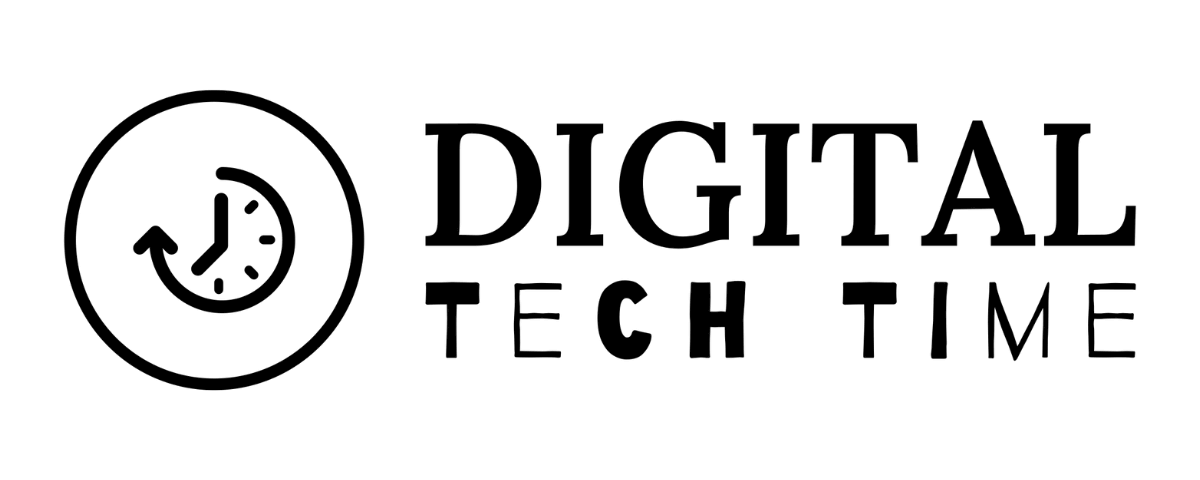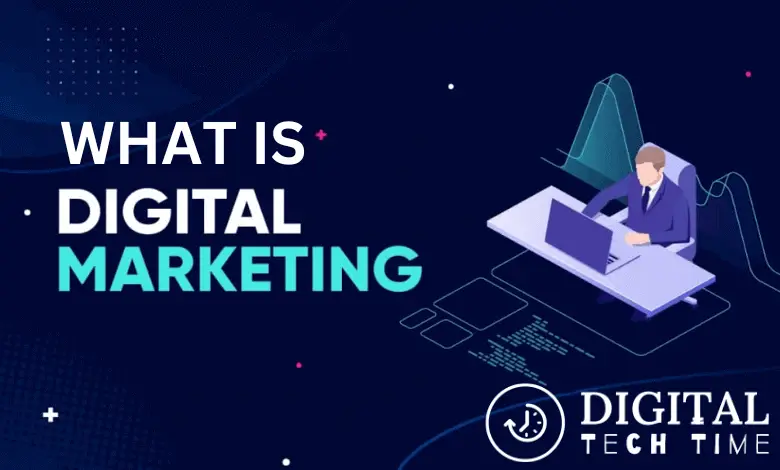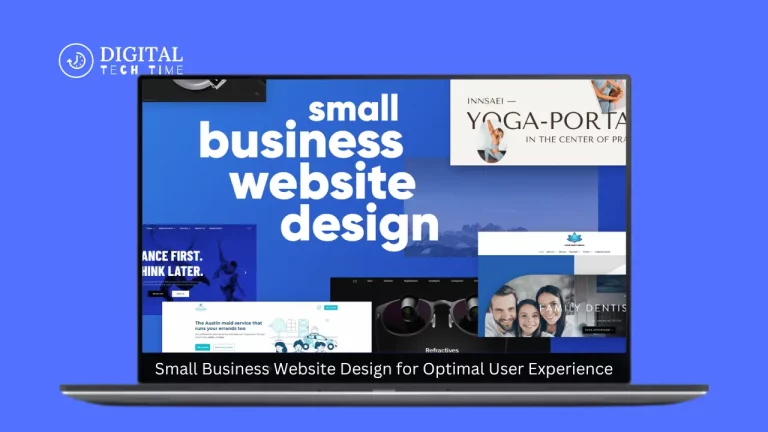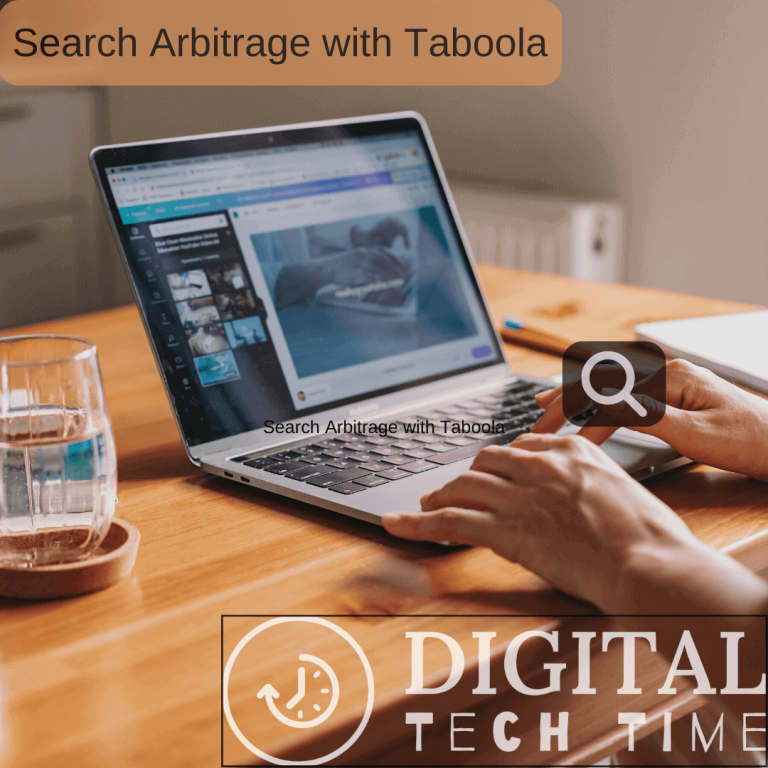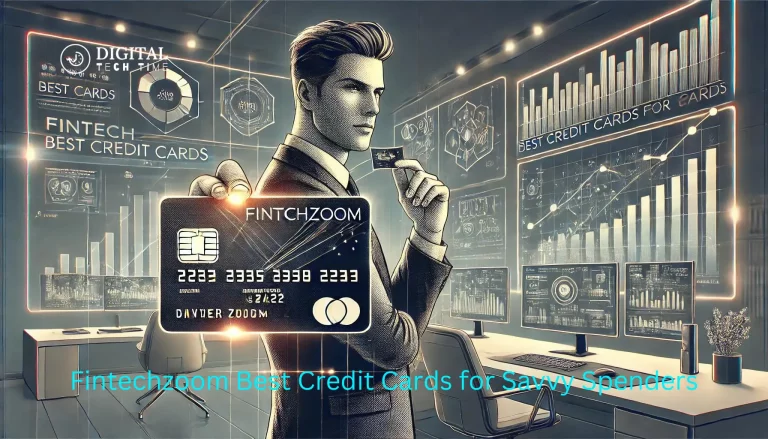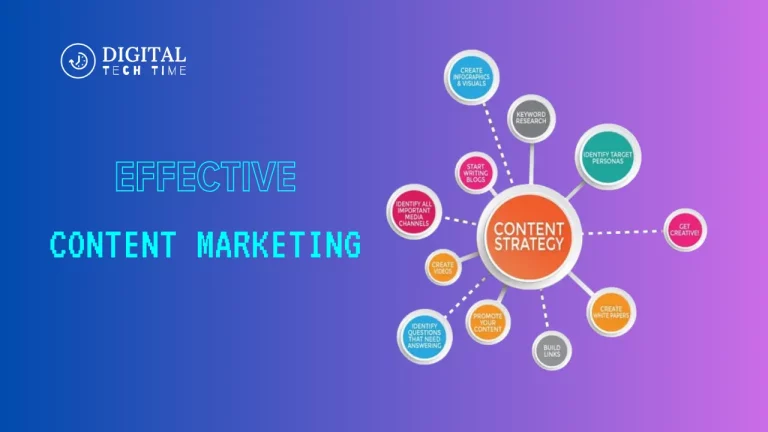What is Digital Marketing? The Ultimate Guide to Digital Marketing Masters
In the digital age, the marketing landscape has undergone a seismic shift. No longer can businesses rely solely on traditional marketing methods; digital marketing has become a necessity. Whether you’re a marketing professional looking to sharpen your skills or a newcomer eager to break into the field, a Digital Marketing Masters program offers a comprehensive education that can set you apart in the competitive job market. This in-depth guide aims to cover every facet of Digital Marketing Masters, from the curriculum and costs to future trends and frequently asked questions.
What is Digital Marketing?
Understanding the Basics: Digital marketing encompasses all marketing efforts that use electronic devices or the internet. Businesses leverage digital channels such as search engines, social media, email, and other websites to connect with current and prospective customers. Unlike traditional marketing, digital marketing allows for real-time data analysis, providing immediate insights into campaign effectiveness.
The Evolution of Digital Marketing
The field of digital marketing has evolved significantly over the years. What started as simple online advertising has now expanded into a multifaceted discipline that includes various elements like SEO, content marketing, social media marketing, email marketing, and more. The constant evolution of technology keeps the field dynamic, requiring marketers to stay updated with the latest trends and tools.
Why Digital Marketing Masters?
Importance in Today’s World: In today’s interconnected world, a strong digital presence is crucial for businesses to succeed. Digital marketing plays a vital role in building this presence. A Masters in Digital Marketing equips you with advanced skills and knowledge, making you an invaluable asset to any organization.
Career Opportunities:The demand for skilled digital marketing professionals is skyrocketing. With a Digital Marketing Masters, you can access a wide range of career opportunities, from digital marketing manager and SEO specialist to content strategist and beyond. The degree not only opens doors to high-paying jobs but also prepares you for leadership roles in the industry.
Components of Digital Marketing
SEO – The Cornerstone: Search Engine Optimization (SEO) is a critical element of digital marketing. It involves optimizing your online content so that it shows up in a prominent position within search engine results. A Masters program will provide you with in-depth knowledge of SEO algorithms, keyword research, and other essential techniques.
learn more about Search Engine Optimization (SEO) “50 Secret Google Ranking Factors for 2023, Make Easy to Rank“
Social Media Marketing – The Power of Connection: Social media platforms offer businesses a unique opportunity to connect directly with their customers. A Masters program will teach you how to harness the power of social media to build brand awareness, engage with your audience, and drive sales.
Content Marketing: Beyond Blogging
Content marketing involves creating and sharing valuable content to attract and convert prospects into customers. It goes beyond just writing blogs and includes various forms of content like videos, infographics, podcasts, and more. A Masters program will teach you how to develop a comprehensive content strategy that aligns with your overall marketing goals.
Email Marketing: The Unsung Hero: Despite the rise of social media, email marketing remains an incredibly effective channel for direct communication with your audience. A Masters program will cover best practices in email marketing, from crafting compelling subject lines to segmenting your audience for better results.
Digital Marketing Masters: The Curriculum
Core Subjects:A Digital Marketing Masters program is designed to provide a well-rounded education in the field. Core subjects often include Marketing Strategy, Consumer Behavior, Digital Analytics, and more. These foundational courses equip you with the skills and knowledge necessary to excel in any digital marketing role.
Elective Subjects: In addition to the core curriculum, most Masters programs offer elective courses that allow you to specialize in areas of interest. Whether you’re passionate about social media marketing, SEO, or data analytics, elective courses enable you to tailor your education to your career goals.
SEO: The Backbone of Digital Marketing
Importance of SEO: Search Engine Optimization (SEO) is more than just a buzzword; it’s a vital component of any successful digital marketing strategy. A Masters program will delve deep into SEO, covering topics like keyword research, on-page and off-page optimization, and how to measure SEO success.
SEO Strategies: Effective SEO involves a variety of strategies, from optimizing website content and structure to building high-quality backlinks. A Masters program will provide you with a comprehensive understanding of these strategies, preparing you to improve website rankings and drive organic traffic.
Social Media: The New Marketplace
Platforms to Focus On: Not all social media platforms are created equal. A Masters program will teach you how to identify the platforms that are most relevant to your target audience, whether it’s Instagram for a younger demographic or LinkedIn for B2B marketing.
Social Media Strategies: Social media marketing involves more than just posting updates; it requires a well-thought-out strategy. From content planning and audience engagement to running paid ad campaigns, a Masters program will cover all aspects of social media marketing.
Content is King
Types of Content: Content marketing is a broad field that includes various types of content, from blog posts and articles to videos and podcasts. A Masters program will teach you how to create compelling content in multiple formats, ensuring you can reach your audience through various channels.
Content Strategy: Creating content is just the first step; you also need a solid strategy to distribute it effectively. A Masters program will guide you through the process of developing a content strategy, from identifying your target audience to choosing the right distribution channels.
Email Marketing: Not Dead Yet
Why It Still Matters: Email marketing may seem old-fashioned in the age of social media, but it remains one of the most effective channels for direct communication with your audience. A Masters program will teach you the nuances of email marketing, from crafting compelling messages to optimizing for mobile devices.
Best Practices: Effective email marketing involves a range of best practices, from segmenting your audience to tracking key performance indicators (KPIs). A Masters program will equip you with the skills to implement these best practices, ensuring your email campaigns achieve maximum impact.
Analytics: Measuring Success
Tools for Analytics: In the world of digital marketing, data is king. A Masters program will introduce you to various analytics tools, such as Google Analytics and Adobe Analytics, teaching you how to collect and interpret data to measure campaign success.
Key Metrics: Understanding key metrics is crucial for any digital marketer. From click-through rates (CTR) to conversion rates, a Masters program will teach you how to identify and track the metrics that matter most, enabling you to make data-driven decisions.
Life During the Program
Course Load: A Masters program is a significant commitment, often requiring full-time study. However, many programs offer part-time options, allowing you to balance your studies with other responsibilities.
Networking Opportunities
One of the most valuable aspects of a Masters program is the opportunity to network with industry professionals and peers. Whether it’s through classroom interactions, guest lectures, or internships, these connections can be invaluable as you advance in your career.
Post-Graduation Paths
Job Roles: A Digital Marketing Masters degree opens doors to a plethora of job opportunities. From roles like Digital Marketing Manager and SEO Specialist to Content Strategist and Social Media Marketer, the career paths are diverse and rewarding. With the advanced skills and knowledge you’ll gain from the program, you’ll be well-equipped to take on leadership roles in the industry.
Entrepreneurial Opportunities
But the opportunities don’t stop at traditional employment. The skills you acquire can also pave the way for entrepreneurial ventures. Whether you’re interested in starting your own digital marketing agency or consulting firm, a Masters degree provides the foundational knowledge and practical skills to make your entrepreneurial dreams a reality.
Case Studies
Success Stories: Learning from real-world examples can provide invaluable insights. Many Masters programs incorporate case studies that delve into successful digital marketing campaigns, dissecting the strategies and tactics that led to their success. These case studies offer practical lessons that you can apply in your own career.
Lessons Learned: But it’s not just the successes that offer valuable lessons; failures can be equally instructive. Case studies that examine less successful campaigns can offer insights into common pitfalls and mistakes, helping you avoid them in your own digital marketing efforts.
Global Perspective
Digital Marketing Around the World: Digital marketing is a global endeavor. Strategies that work in one country may not necessarily be effective in another. A Masters program will expose you to global digital marketing strategies, equipping you with the skills to adapt your campaigns to different cultural and regulatory landscapes.
Adapting Strategies: Understanding cultural nuances can make or break a global marketing campaign. Whether it’s adapting your social media strategy to resonate with a local audience or tailoring your content to meet regional preferences, a Masters program will teach you how to adapt your digital marketing strategies for global success.
AI in Digital Marketin
Artificial Intelligence (AI) is no longer the stuff of science fiction; it’s a reality that’s transforming various industries, including digital marketing. From chatbots for customer service to predictive analytics for personalized marketing, AI offers a range of applications that can make your campaigns more effective and efficient. A Masters program will prepare you for this future, teaching you how to leverage AI in your digital marketing strategies.
Virtual Reality: Virtual Reality (VR) offers an entirely new dimension for digital marketing. While still in its infancy, VR provides opportunities for creating immersive brand experiences. Imagine walking through a virtual store or experiencing a product before buying it online. A Masters program will introduce you to the potential of VR in digital marketing, preparing you for the next wave of technological innovation.
Read more about Digital Marketing article, you can understand better.
Digital Marketing Masters: FAQs
Is a Digital Marketing Masters worth it?
Absolutely, especially if you’re looking to advance your career or specialize in a particular area of digital marketing.
How long does it take to complete the program?
Most programs last between one to two years, depending on whether you’re studying full-time or part-time.
Do I need a background in marketing to enroll?
While a background in marketing can be beneficial, many programs accept students from diverse educational backgrounds.
What’s the difference between a Masters in Marketing and a Masters in Digital Marketing?
A general Masters in Marketing covers a broad range of marketing topics, while a Masters in Digital Marketing focuses specifically on digital strategies and tactics.
Is an online program as effective as an in-person program?
Both have their merits. Online programs offer flexibility, while in-person programs offer more networking opportunities.
Are there any prerequisites for the program?
Most programs require a bachelor’s degree and may have additional requirements such as work experience or standardized test scores.
What kind of salary can I expect after graduation?
Salaries can vary widely depending on the role, industry, and location, but digital marketing professionals are generally well-compensated.
Can I work while studying?
Many programs offer part-time options or online courses that allow you to balance work and study.
What are the key skills I’ll gain from the program?
You’ll gain a comprehensive skill set, including SEO, social media marketing, content strategy, email marketing, analytics, and more.
Do employers value a Digital Marketing Masters degree?
Yes, a Masters degree is highly valued by employers and can significantly enhance your career prospects.
How do I choose the right program?
Consider factors like accreditation, faculty expertise, course content, and student reviews.
Is financial aid available?
Many programs offer financial aid options, including scholarships and grants.
What are the application deadlines?
Deadlines can vary by institution, so it’s essential to check the specific dates for each program.
Do I need to submit test scores like GMAT or GRE?
Some programs may require standardized test scores, while others may not.
Can I specialize in areas like SEO or Social Media?
Yes, many programs offer elective courses that allow you to specialize in specific areas of digital marketing.
Conclusion
In the fast-paced, ever-changing world of digital marketing, staying ahead of the curve is crucial for career advancement. A Digital Marketing Masters program offers a comprehensive, in-depth education that equips you with the advanced skills and knowledge you need to excel in this dynamic field. Whether you’re a seasoned professional looking to upskill or a newcomer eager to make your mark, a Masters degree in digital marketing is an invaluable asset that can open doors to a multitude of opportunities.
